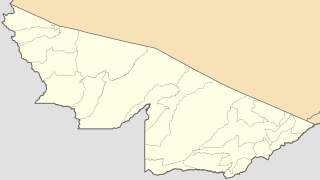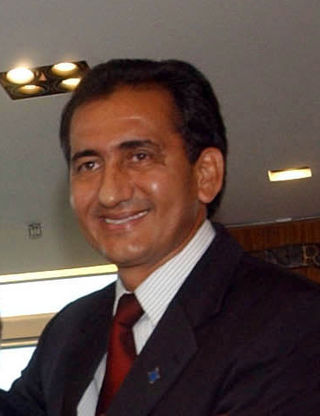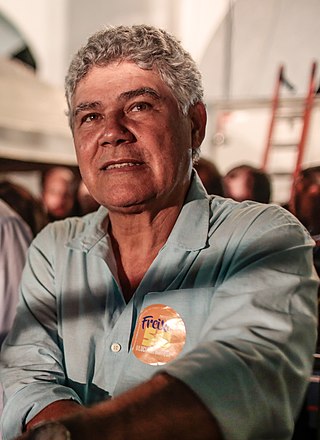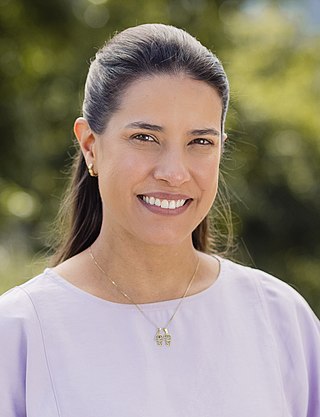The Brazilian municipal elections of 2012 took place on October 7 and on October 28. Over 138 million voters chose mayors, deputy mayors and city councillors for the 5,568 municipalities of Brazil. These were the first elections in which the recently registered parties Partido Pátria Livre (PPL) and Partido Social Democrático (PSD) participated; they were both recognized by the Superior Electoral Court in 2011. Political parties whose candidates wished to run for the 2012 elections had to be registered at the TSE for at least one year before the election date, while candidates also had to be affiliated to a party for the same period of time. Conventions for the selection of candidates within the parties occurred between 10 and 30 June, while the registry of candidates and alliances with the Regional Electoral Courts took place until July 5. Electoral campaign was authorized from the moment a candidacy had been registered. The free electoral program – two daily slots on free-to-air TV and radio for political advertising paid by the Electoral Justice fund – ran weekdays from 21 August until 4 October. According to the current Brazilian electoral law, the two-round system – should the leading candidate receive less than 50% +1 of the votes – is only available for cities with more than 200,000 voters. This includes all state capitals, with the exception of Boa Vista, Roraima and Palmas, Tocantins, plus 59 other municipalities. The free electoral program for the second round ran from 13 October until 26 October.

The Rio de Janeiro gubernatorial election was held on 5 October 2014 to elect the next governor of the state of Rio de Janeiro. Since no candidate received more than 50% of the vote, a second-round runoff election was held on the 26th of October. Incumbent Governor Luiz Fernando Pezão, who was running for his first full term, was forced into the runoff against Marcelo Crivella but ultimately won.

The first round of the Acre gubernatorial election was held on 5 October 2014 to elect the next governor of the state of Acre. No candidate won 50% of the vote and thus a second-round runoff election was held on 26 October. Governor Tião Viana was re-elected for a second term.

The São Paulo gubernatorial election was held on 5 October 2014 to elect the next governor of the state of São Paulo. If no candidate had received more than 50% of the vote, a second-round runoff election would have been held on 26 October. Incumbent Governor Geraldo Alckmin won re-election in the first round.

The Rio Grande do Sul gubernatorial election was held on 5 October 2014 to elect the next governor of the state of Rio Grande do Sul. Since no candidate received more than 50% of the vote in the first round, a second-round runoff election was held on 26 October.

The Maranhão gubernatorial election was held on 5 October 2014 to elect the next governor of the state of Maranhão in Brazil. If no candidate had received more than 50% of the vote, a second-round runoff election would have been held on 26 October. Governor Roseana was ineligible to run due to term limits. Former Embratur President Dino, who lost to Sarney in 2010, won a landslide election against Senator Lobão Filho to become the sole Governor from one of the two Communist parties.

The Bahia gubernatorial election was held on 5 October 2014 to elect the next governor of the state of Bahia. If no candidate receives more than 50% of the vote, a second-round runoff election will be held on 26 October. Governor Jaques Wagner is ineligible to run due to term limits. In a stunning upset, the PT nominee Rui Costa won the election with 54.5% of valid votes against 37.3% of Paulo Souto in the first-round.

The Paraná gubernatorial election was held on 5 October 2014 to elect the next governor of the state of Paraná. Governor Beto Richa successfully ran for reelection, winning without the need for a runoff.

The Espírito Santo gubernatorial election was held on 5 October 2014 to elect the Governor of the state of Espírito Santo. Governor Renato Casagrande lost a bid for a second term to former Governor Paulo Hartung.

The Rondônia gubernatorial election was held on 5 October 2014 to elect the next governor of the state of Rondônia. If no candidate receives more than 50% of the vote, a second-round runoff election will be held on 26 October. Governor Confúcio Moura is running for a second term. Confúcio Moura won the election.

The Piauí gubernatorial election was held on 5 October 2014 to elect the next governor of the state of Piauí. Governor Moraes Souza Filho ran for his first full term after becoming governor in 2014, but was resoundingly defeated by Senator Wellington Dias of the PT in the first round.

The Alagoas gubernatorial election was held on 5 October 2014 to elect the next governor of the state of Alagoas. If no candidate had received more than 50% of the vote, a second-round runoff election would have been held on 26 October. Governor Teotônio Vilela Filho was ineligible due to term limits. Federal Deputy Renan Filho of the PMDB won election to the open seat in the first round.

The Amapá gubernatorial election was held on 5 October 2014 to elect the next governor of the state of Amapá. Since no candidate received more than 50% of the vote, a second-round runoff election was held on 26 October. Governor Camilo Capiberibe ran for a second term and was forced into a runoff with former Governor Waldez Góes.

The Mato Grosso gubernatorial election was held on 5 October 2014 to elect the next governor of the state of Mato Grosso. If no candidate had received more than 50% of the vote, a second-round runoff election would have been held on 26 October. Governor Silval Barbosa did not run for a second term. Senator Pedro Taques of the PDT won election to the open seat in the first round.

The Sergipe gubernatorial election was held on 5 October 2014 to elect the next governor of the state of Sergipe. If no candidate had received more than 50% of the vote, a second-round runoff election would have been held on 26 October. Governor Jackson Barreto ran for his first full term after assuming the Governorship in December 2013 and won in the first round.

Francisco Rodrigues de Alencar Filho, known as Chico Alencar, is a Brazilian politician, historian, and writer, affiliated with the Socialism and Liberty Party (PSOL).

Raquel Teixeira Lyra Lucena is a Brazilian lawyer, politician and the current governor of Pernambuco since 2023. Lyra was mayor of Caruaru from 2017 to 2022. A member of a political family, she previously served as a member of the Legislative Assembly of Pernambuco. She is affiliated to the Brazilian Social Democracy Party (PSDB) but was a member of the Brazilian Socialist Party (PSB).

Municipal elections took place in Brazil on 15 November 2020. Electors chose Mayors, Vice-Mayors and City Councillors of all 5,568 cities of the country. The partisan conventions took place between 31 August and 16 September. They were the first elections since Bolsonaro's election as President.

Wagner Sousa Gomes, also known as Capitão Wagner is a captain of the Military Police Reserve of the State of Ceará and a Brazilian politician affiliated to Brazil Union (UNIÃO). He was a federal deputy in office from 2019 to 2023.

José Orcírio Miranda dos Santos, better known as Zeca do PT, is a Brazilian banker and politician, affiliated with the Workers' Party (PT). Elected State Deputy of Mato Grosso do Sul by the Workers' Party in 2022. He is a former federal deputy, being a former state deputy and former governor of Mato Grosso do Sul for two terms.





















